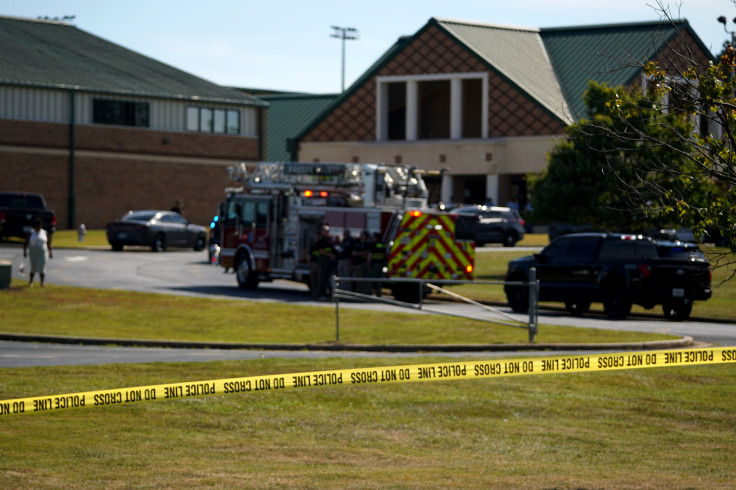
Authorities across the U.S. are responding to a significant rise in online threats targeting schools, leading to the arrest and charging of minors. The uptick in threats, which gained momentum following a recent school shooting in Georgia, has alarmed school officials, law enforcement, and communities, prompting calls for swift action to protect students and maintain order.
Local and state law enforcement agencies are under increasing pressure to tackle these threats, many of which come from students. These hoaxes are not only causing lockdowns and arrests but also stoking widespread anxiety about the safety of schools. In response, a Florida sheriff has recently stepped up his agency's efforts, including taking the controversial step of publicly identifying minors involved.
Volusia County Sheriff Mike Chitwood drew national attention after posting a video of the arrest of an 11-year-old charged with making a false online threat. The sheriff has vowed to continue publicly naming minors responsible for school threats, despite concerns that such exposure could have long-term consequences for the children.
As promised. This 11-year-old is charged with making a written threat of a mass shooting at Creekside Middle School or Silver Sands Middle School pic.twitter.com/yIvuvkLgAg
— Mike Chitwood (@SheriffChitwood) September 16, 2024
"Why are we so overly concerned about the feelings of the one percent of kids who commit these hoaxes versus the 99 percent who have to hide and text their parents 'I love you' during a school lockdown?" Chitwood questioned during a press conference following the child's arrest.
He urged parents to take a more active role in preventing these incidents, stating, "Parents, do your job. Don't let Sheriff Chitwood raise your kids."
Chitwood revealed that during the 2022-2023 school year, his department handled 357 written threats, a figure that's rapidly climbing this year. As of Wednesday, his department had received 282 threats, accounting only for the first three weeks of school. Over a 12-hour period last week, Chitwood's team dealt with 54 threats, leading to 12 arrests and the seizure of 11 weapons.
Texas is facing similar challenges. Several school districts held a press conference this week and urged parents to monitor their children's online activity closely. Officials stressed that the influx of threats is stretching school district resources to their limits.
Austin ISD Police Chief Wayne Reed recounted the extensive effort required to investigate just one threat: "We started tracking leads at midnight, and it wasn't until 7 a.m. that we resolved it. We were knocking on doors in the early morning, waking up families." He added that the district had received 30 threats in the past week.
During the press conference, authorities did not offer concrete solutions to address the root causes of the rising threats. Instead, they focused on assuring the public that every threat would be met with a thorough investigation.
Nationwide, school administrators and law enforcement are grappling with how best to handle the growing crisis, as the balance between safety and resource management becomes more difficult to navigate.
In addition to Florida and Texas, minors have been arrested this week in states including Ohio, Kentucky, California, New Mexico, New Jersey, Missouri, and South Carolina. The arrests reflect a growing national trend, with authorities scrambling to maintain control while schools and communities struggle to cope with these disruptive threats.
© 2025 Latin Times. All rights reserved. Do not reproduce without permission.






